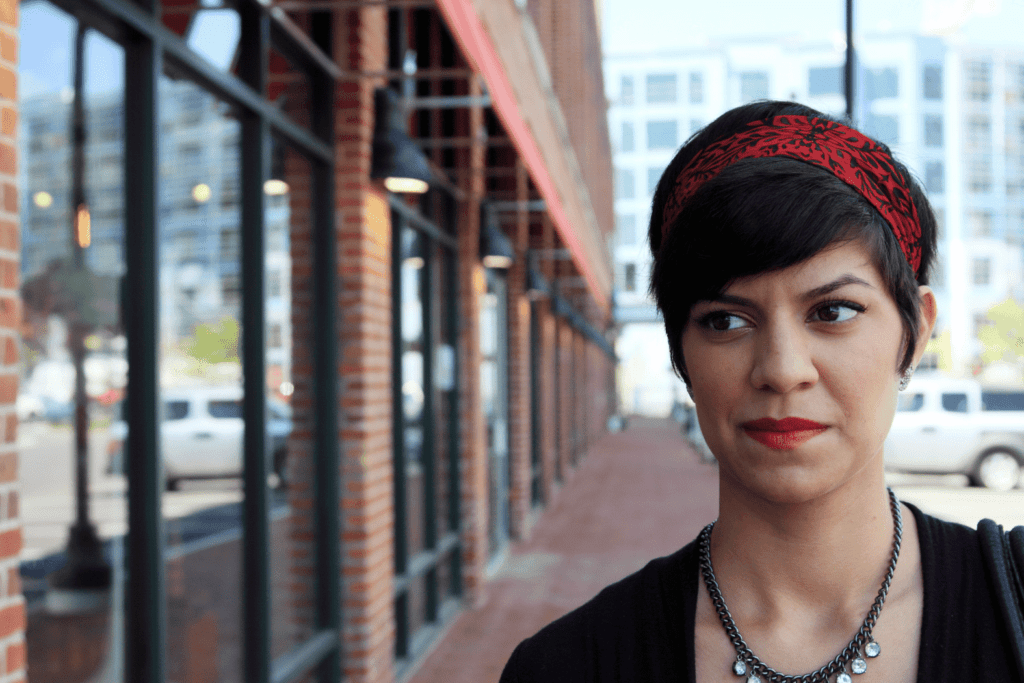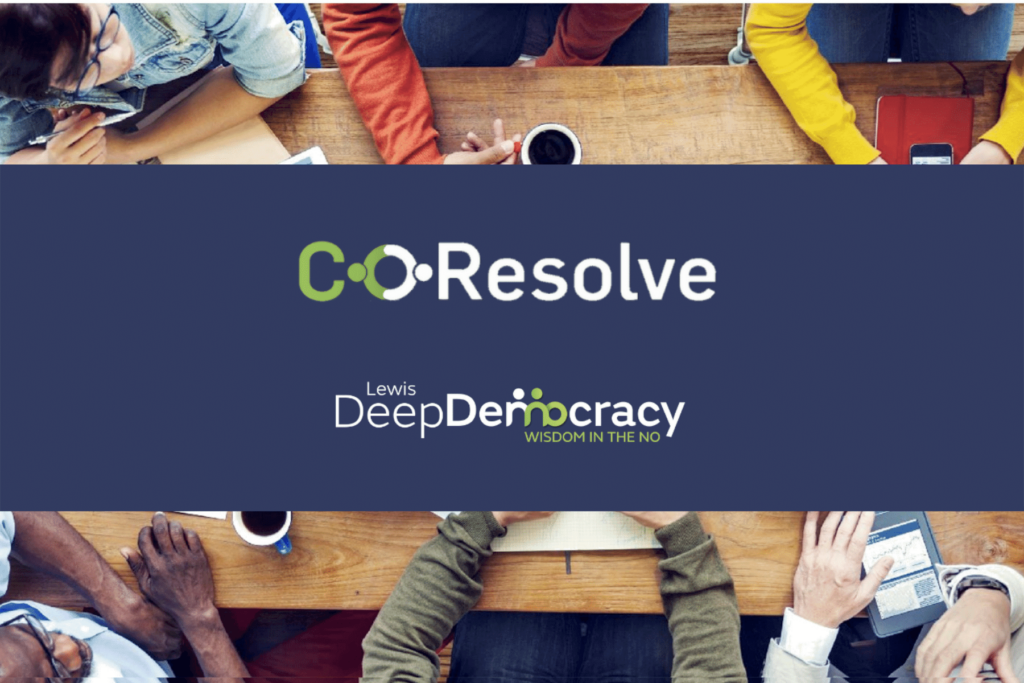This is Your Brain on Work Relationships

People need a sense of belonging and purpose, and we thrive through connection and mutual trust, but our workplaces are not set up to encourage trust-based relationships. We can change those workplace structures and cultures by integrating greater practices of trust into our work.
High Conflict vs. Generative Conflict

Conflict does not have to be as bad as it often feels. Conflict is a source of energy for change, and it always has the potential to lead to new possibilities and deeper relationships. But for this to happen, we need to build the skills and determination to avoid the lure of high conflict whenever possible.
This is what is meant by the idea of generative conflict.
Why We Gossip About People at Work

Leaders often try to get people to stop gossiping without a deeper understanding of what is driving the behaviour. Is there conflict that needs to be addressed? Are there systemic issues that people are upset about? Getting people to stop the behaviour is very hard if we are not addressing the root cause.
Leading in High Pressure and in High Risk

Fear is a powerful emotion. It can change our judgement and decisions to be less aligned with our values and priorities. When leaders face pressure to make a decision, it’s important to find ways to get aligned with their purpose and the people they are responsible to.
Permission to Lose Your Way

The idea that people should be experts and should know how to fix things actually sets us up for more failure. There is no one right way to deal with complexity. And in fact, many of the best and most transformative ideas have come out of so-called mistakes, or “wrong turns” that brought us to beautiful clearings that we didn’t know existed.
There’s No Psychological Safety Without Equity

You can either have a “psychologically safe” team that feels safe enough for interpersonal risk taking because people more or less agree with each other and share very similar identities and experiences, or you can strive for an equitable psychological safety in which everyone generally feels safe enough, most of the time, to really express the ways they are different.
How to Be A Workplace Where People Learn and Grow

When an organization creates enough psychological safety to encourage learning, people are more likely to experiment, take risks, make mistakes they can learn from, and as a result, come up with innovative and unexpected solutions to complex problems.
Nine Tips for Giving Good Feedback in the Workplace

Feedback is very important. It is the way we learn, grow and become the people we want to be. Regular and supportive feedback helps people shift out of fear and experience it as an opportunity. You can create a workplace culture where feedback is welcomed, expected and part of the norm.
CoResolve: Introduction to Deep Democracy

May 24, 25, 31 and June 1, 2023
Co-facilitated by Camille Dumond and Brook Thorndycraft
Online
CoResolve training increases leaders’ capacity to succeed in turbulent times by offering practical tools for working with differences in a group and turning destructive conflict into creative tension.
When Anger Comes to Work With Us

A psychologically safe and conflict capable workplace is one in which people are supported to express and receive anger (and other emotions) in ways that deepen understanding and help everyone make better and more equitable decisions, without creating an environment of fear and distrust.
